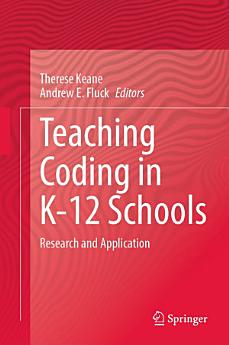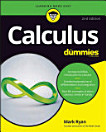Teaching Coding in K-12 Schools: Research and Application
About this ebook
Teaching coding to students in K-12 has been a skillset that has been debated across educational jurisdictions globally for some time. The book provides examples of schools that are teaching coding to students in engaging and relevant ways, delivering well thought out compulsory curriculums. Additionally, it provides examples of schools where coding is not mandated in the curriculum and is taught in an ad-hoc manner. Through the full discussion of all of these varied examples, the book presents both sides of the serious and ongoing debate in the field as to whether coding should be taught in an explicitway at all. The increasing school of thought that teaching coding is a skill that is already obsolete, and the focus should be on computational thinking is completely examined and presented. In this book, both sides of the argument, as well as the specific, meticulous research underlying each side, are given equal weight. The debate is a serious one and requires a clearly defined thematic response with evidence on all sides of the argument presented rationally. This book does just that. Created by carefully selected authors from around the world, it will be a highly studied research reference.
About the author
For over 25 years Professor Therese Keane has been a stalwart for empowering girls in STEM. Her passion and many achievements have been acknowledged by her peers in her receiving numerous national and state awards. Therese is a Professor of STEM Education at La Trobe University. She has worked in a variety of school settings where she has taught IT and lead in K-12 education as the Director of ICT. She is the current Vice Chair of the Working Group 3.3 (Research into Educational Applications of Information Technologies) for the International Federation of Information Processing (IFIP)/UNESCO.
Associate Professor Andrew Fluck has taught science, mathematics and computing in Nigeria, England and Australia. He teaches and researches the transformational potential of computers in education, such as, the use of computers to teach integral calculus and quantum mechanics in primary schools. He is the previous Chair of Working Group 3.3 (research into educational applications ofinformation technologies) for IFIP/UNESCO. Andrew is an avid longbow archer, continental archery judge and Director for Archery Australia.




